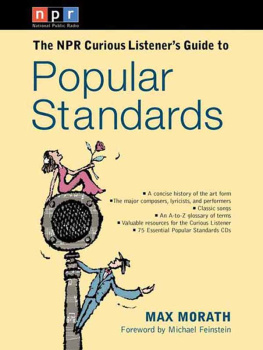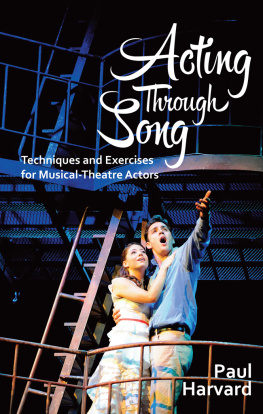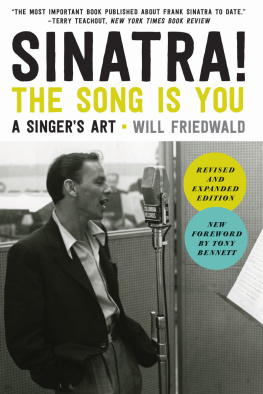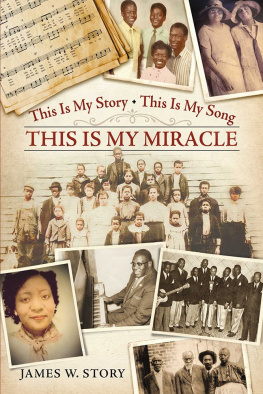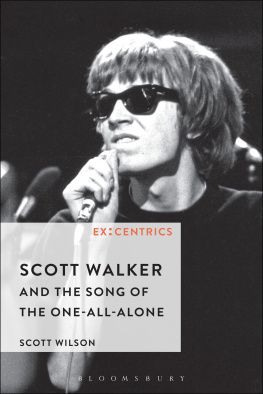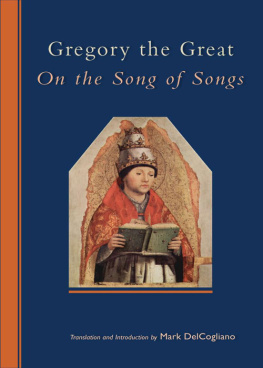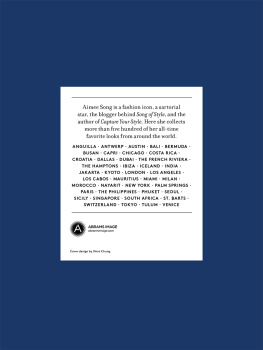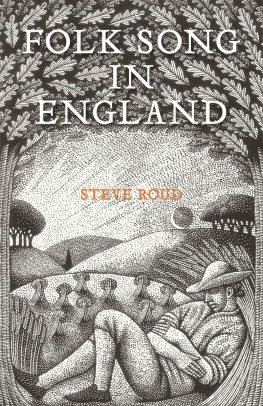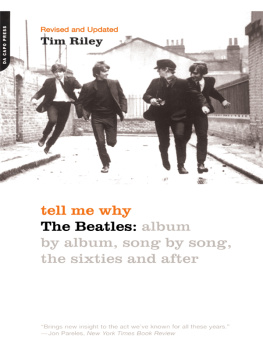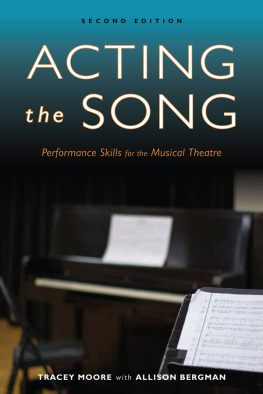Popular Song in the First World War
What did popular song mean to people across the world during the First World War? For the first time, song repertoires and musical industries from countries on both sides in the Great War as well as from neutral countries are analysed in one exciting volume. Experts from around the world, and with very different approaches, bring to life the entertainment of a century ago, to show the role it played in the lives of our ancestors. The reader will meet the penniless lyricist, the theatre chain owner, the cross-dressing singer, fado composer, stage Scotsman or rhyming soldier, whether they come from Serbia, Britain, the USA, Germany, France, Portugal or elsewhere, in this fascinating exploration of showbiz before the generalization of the gramophone.Singing was a vector for patriotic support for the war, and sometimes for anti-war activism, but it was much more than that, and expressed and constructed debates, anxieties, social identities and changes in gender roles. This work, accompanied by many links to online recordings, will allow the reader to glimpse the complex role of popular song in peoples lives in a period of total war.
John Mullen is Professor at Rouen University. He is author of The Show Must Go On: Popular Song in Britain during the First World War (Ashgate2015). He has published widely on questions of popular music between 1880 and 1920, and on the history and historiography of the First World War, and is also the editor of the French Journal of British Studies.
Ashgate Popular and Folk Music Series
Series Editors: Stan Hawkins, Professor of Popular Musicology, University of Oslo and Lori Burns, Professor, University of Ottawa, Canada
Popular musicology embraces the field of musicological study that engages with popular forms of music, especially music associated with commerce, entertainment and leisure activities. The Ashgate Popular and Folk Music Series aims to present the best research in this field. Authors are concerned with criticism and analysis of the music itself, as well as locating musical practices, values and meanings in cultural context. The focus of the series is on popular music of the twentieth and twenty-first centuries, with a remit to encompass the entirety of the worlds popular music.
Critical and analytical tools employed in the study of popular music are being continually developed and refined in the twenty-first century. Perspectives on the transcultural and intercultural uses of popular music have enriched understanding of social context, reception and subject position. Popular genres as distinct as reggae, township, bhangra, and flamenco are features of a shrinking, transnational world. The series recognizes and addresses the emergence of mixed genres and new global fusions, and utilizes a wide range of theoretical modelsdrawn from anthropology, sociology, psychoanalysis, media studies, semiotics, postcolonial studies, feminism, gender studies and queer studies.
Technology and the Stylistic Evolution of the Jazz Bass
Peter Dowdall
Understanding Scotland Musically: Folk, Tradition and Policy
Edited by Simon McKerrell, Gary West
Rock: The Primary Text: Developing a Musicology of Rock
Allan F. Martin and Remy Martin
Popular Song in the First World War: An International Perspective
Edited by John Mullen
Stories We Could Tell: Putting Words To American Popular Music
David Sanjek, co-edited by Tom Attah, Mark Duffett and Benjamin Halligan
For more information about this series, please visit: www.routledge.com/music/series/APFM
Popular Song in the First World War
An International Perspective
Edited by
John Mullen

First published 2019
by Routledge
2 Park Square, Milton Park, Abingdon, Oxon OX14 4RN
and by Routledge
711 Third Avenue, New York, NY 10017
Routledge is an imprint of the Taylor & Francis Group, an informa business
2019 selection and editorial matter, John Mullen; individual chapters, the contributors
The right of John Mullen to be identified as the author of the editorial material, and of the authors for their individual chapters, has been asserted in accordance with sections 77 and 78 of the Copyright, Designs and Patents Act 1988.
All rights reserved. No part of this book may be reprinted or reproduced or utilized in any form or by any electronic, mechanical, or other means, now known or hereafter invented, including photocopying and recording, or in any information storage or retrieval system, without permission in writing from the publishers.
Trademark notice: Product or corporate names may be trademarks or registered trademarks, and are used only for identification and explanation without intent to infringe.
British Library Cataloguing in Publication Data
A catalogue record for this book is available from the British Library
Library of Congress Cataloging in Publication Data
Names: Mullen, John, 1960
Title: Popular song in the First World War : an international perspective / edited by John Mullen.
Description: Abingdon, Oxon ; New York, NY : Routledge, 2019. | Series: Ashgate popular and folk music series | Includes bibliographical references and index.
Identifiers: LCCN 2018018638 | ISBN 9781138478466 (hardback) | ISBN 9781351068680 (ebook)
Subjects: LCSH: Popular music--1911-1920--History and criticism. | World War, 1914-1918--Music and the war.
Classification: LCC ML3470 .P6886 2019 | DDC 782.4216409/041--dc23
LC record available at https://lccn.loc.gov/2018018638
ISBN: 978-1-138-47846-6 (hbk)
ISBN: 978-1-351-06868-0 (ebk)
Figures
Music examples
Dragan Aleksi is senior department member of the Institute for Recent History of Serbia. Aleksi has a broad spectrum of research interests, with a focus on the economic and social history of Serbia and Yugoslavia in the twentieth century. Aleksi has organized four international conferences, driving research on the interpretation of Serbian history in the context of major international events in the nineteenth and twentieth centuries.
Clive Barrett is the Chair of the Peace Museum, Bradford, with a range of publications spanning international peace museums to ecumenism. An historian of the British peace movement, he is the author of Subversive Peacemakers: War Resistance 19141918, an Anglican Perspective (Lutterworth, Cambridge, 2014). He leads choral presentations on the music of war-resistance, 19141918. A priest in the Church of England, he is a Visiting Fellow in Theology and Religious Studies at the University of Leeds.
Chris Bourke is a New Zealand music historian. In 2017 Auckland University Press published his third book, Good-bye Maoriland: The Songs and Sounds of New Zealands Great War, the prequel to his 2010 book Blue Smoke: The Lost Dawn of New Zealand Popular Music 19181964. He is currently the content director of AudioCulture, the online noisy library of New Zealand music.
Erick Falcher-Poyroux is Senior Lecturer and Head of the Language Department of the Polytech Graduate School of Engineering, University of Nantes, France. His Ph.D. on Irelands musical identity in 1996 was followed by several books on Irish identity and the arts, as well as a book on the Beatles. He has just completed a comprehensive



